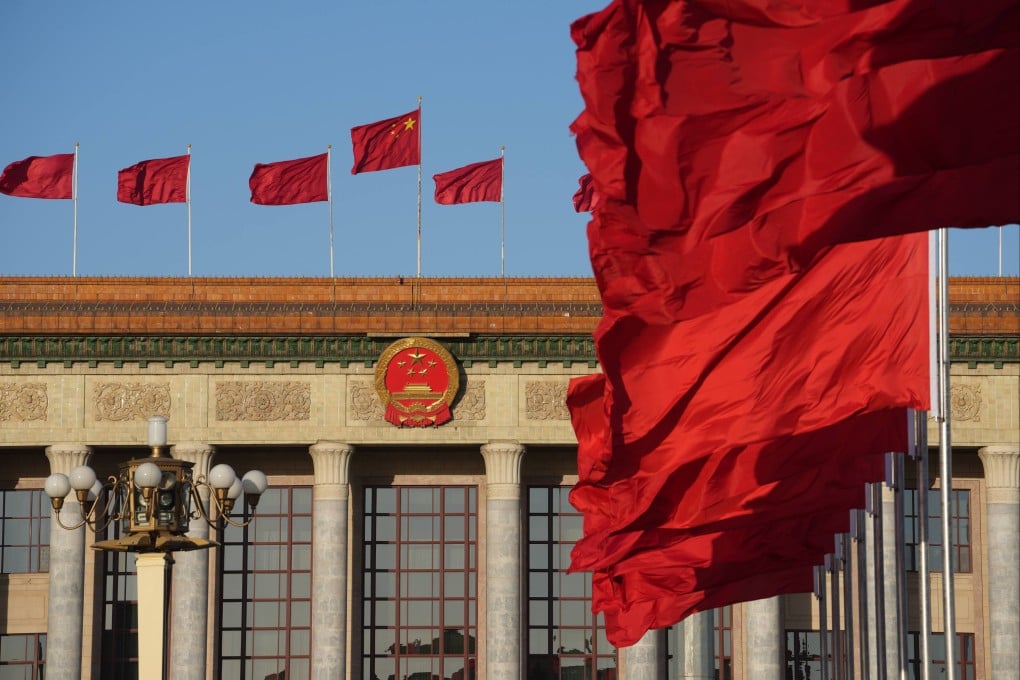Opinion | Chinese legislature’s right to interpret Hong Kong laws should be respected in the West
- The US consul general’s warning of an erosion of judicial independence fails to understand the nature of Hong Kong’s ‘high degree of autonomy’
- The power of interpretation in a civil law system is legislative in nature, not judicial, and it deals with the constitutional or legislative intent of a law, rather than specific cases

First, the single most important fact of the Joint Declaration is China and the UK’s reaffirmation of Chinese sovereignty over Hong Kong. This is in fact; not in name only. It includes not only China’s right to administer Hong Kong, whether directly or indirectly, but also its right to defend and preserve its sovereignty.
Second, both the Joint Declaration and the Basic Law make it clear that Hong Kong’s “high degree of autonomy” is neither absolute nor complete but a relative autonomy enjoyed by a subject region of China. Its autonomy ends at the clear boundary of constitutional issues, and matters of defence and foreign relations.
It goes without saying that national security is not within Hong Kong’s high degree of autonomy. This is in line not only with the framework of “one country, two systems”, the Joint Declaration and the Basic Law, but also common sense.
Clearly, Hong Kong’s autonomy does not include a right to alienate itself from China under one country, two systems; that would contradict the very concept of Chinese sovereignty over Hong Kong.
